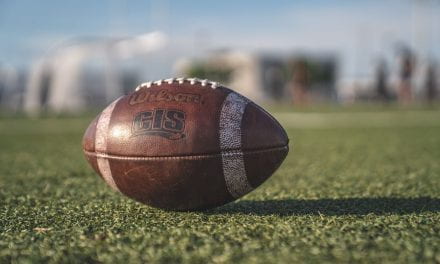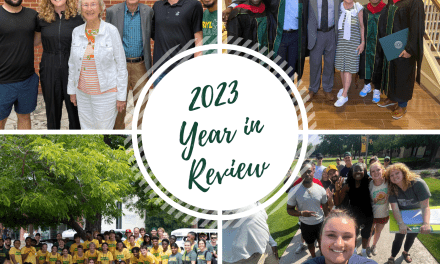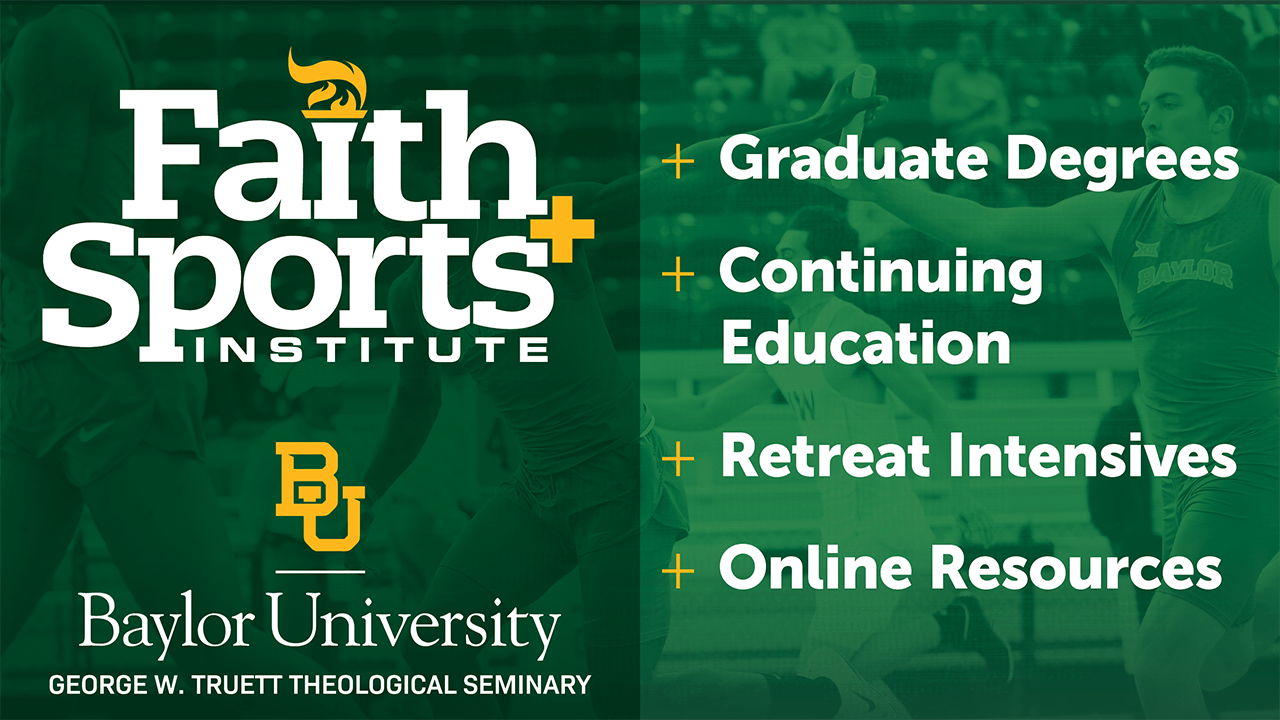Editor’s note: This post comes from Ben Dudley, Vice President of Field Operations for Positive Coaching Alliance. It was written with some assistance and collaboration from me.
Ben Dudley
If you are a sports fan, you probably find yourself in conversations about which athlete is the G.O.A.T (Greatest Of All Time) in a particular sport. Michael Jordan or Lebron James? Mia Hamm or Abby Wambach? Muhammad Ali or Sugar Ray Robinson? Steffi Graf or Serena Williams?
Part of the fun of these discussions comes from the impossibility of ever resolving the debate. There is no agreed-upon standard to determine who really is the greatest. Sports fans must gather evidence from a variety of sources to make their case. And there is always another angle to consider or another up-and-comer contending for the throne.
So let’s try this out ourselves. Let’s consider the GOAT candidacy of a particular soccer player. This individual has the accolades: FIFA World Player of the Year three times, recipient of the Golden Ball Award as the best player of the World Cup, and numerous other awards. He has the championships: titles in Serie A, La Liga, and UEFA Champions League, and also a World Cup title (not only that, but he scored twice in the final).
He has praise from the experts, too. “In terms of ball retention he was probably the greatest player of all time,” sportswriter Rob Smyth wrote of this player in The Guardian. “Blessed with such grace and supernatural awareness that he could play a game of real-life Pac-Man and never be caught.”
It is hard to argue that this person is not at least in the GOAT conversation. Perhaps names like Ronaldo, Messi, or Kaka are running through your head—all well-known figures in the soccer pantheon.
But what if we looked at greatness from another angle? What if we considered not just conspicuous brilliance, but conspicuous failure? What if I told you that during the 2006 World Cup final this player—in his final act on the world soccer stage—angrily head-butted an opposing player in the chest, earning himself a red card and arguably costing his team the World Cup?
If you follow soccer, you will immediately know who I am talking about: Zinedine Zidane. There is no doubt he was an amazing footballer. And yet he will always be remembered for what he did wrong. The final act of a legendary career was one of the most iconic lapses in judgment of all time.
How do we factor that into our assessments of Zidane’s greatness?
Maybe we can start by reframing what we mean by “greatness.” For those of us in the Christian tradition, this means we should look to the example of Christ. As Christ was preparing to lay down his life for all of humanity, he gathered his disciples for a final meal. Prior to this, he had shown the ultimate act of service and humility by washing his disciples’ feet. Yet later in the evening his disciples couldn’t help themselves. They started arguing over who among them was the greatest. Jesus had to remind them that the greatest is not the one who sits at the table, but instead the one who serves.
Now there was also a dispute among them, as to which of them should be considered the greatest. And He said to them, “The kings of the Gentiles exercise lordship over them, and those who exercise authority over them are called ‘benefactors.’ But not so among you; on the contrary, he who is greatest among you, let him be as the younger, and he who governs as he who serves. For who is greater, he who sits at the table, or he who serves? Is it not he who sits at the table? Yet I am among you as the One who serves. (Luke 22:24-30)
If the disciples—who literally had their feet washed by Jesus earlier in the day—still fell victim to selfish talk, how much more help do we need to remain humble and focused on serving others!
Thankfully, God provides this help to us. It starts with his grace. Because of who he is and what he has done, we can rest assured in our identity as children of God. We do not have to prove that we are better than others to earn his approval.
Flowing out of God’s grace, we also have opportunities to practice and develop the sort of greatness that Jesus commends, to become the type of person who instinctively serves others. One area in which we can do this is through sports. It does not happen automatically, of course. Sports can lead us astray just as easily as they can guide us along the right path. But sports at least have the potential to help us cultivate greatness as Christ defined it.
What might this look like? For starters, it would require us to take a step back and look at ourselves as whole persons. When we assess ourselves as athletes and coaches, we should focus not just on the accolades and championships, but also on how we have loved and served our fellow citizens.
One model for doing this comes from the Positive Coaching Alliance, a national non-profit dedicated to helping athletes have a positive, character-building youth sports experience. PCA’s model is called the Triple-Impact Competitor Model. It is based on learning how to make oneself better, one’s teammates better, and ultimately the game better.
To make oneself better, an athlete will have a growth mindset, a good attitude, and a focus on effort. To make one’s teammates better, an athlete will focus on filling emotional tanks with positivity, serving and sacrificing for the greater good, and leading by example. And all of this only matters if the athlete has the big-picture view in mind: a respect for the game and a desire to make it better for everyone involved. A desire, in short, to protect and guard the integrity and character of the sport that one plays.
You can think of the PCA’s model as a map for the journey towards true greatness. And the word “journey” is key. None of us have arrived. None of us are perfect. Not only are mistakes ok, they are the life blood of learning. It’s not the mistake that defines you, it’s how you learn and grow from it.
This is true even for Zinedine Zidane. His failure, as dramatic as it was, is part of his story. And we should consider it when we think about greatness in sports. But it need not be the final word—just as his championships and awards are not the final world. True greatness is not a destination we’ve arrived at or a title that we carry. It is instead a target towards which we are aiming, a journey that we are on.
So who is the G.O.A.T.? Maybe the better question to ask if we want to have the right destination in mind is this: Who is serving and sacrificing for others?
About the author: Ben is a graduate of Baylor University, with a Church Recreation and Leisure Services Degree. He completed a Masters of Arts and Global Leadership Degree from Fuller Theological Seminary. He grew up a multi-sport athlete with soccer being his favorite. Ben served as the Community Pastor of University Baptist Church in Waco, TX, for 9 years prior to moving to Portland, OR, where he resides with his wife Jamie and their two sons Nolan (8) and Griffin (6). Ben joined Positive Coaching Alliance in September of 2015, as the Executive Director of the Portland Chapter. In 2019, Ben was promoted to Vice President, Field Operations, where he also now manages the overseas operations and strategy for PCA-Seattle, PCA-SF Bay Area, PCA-Minnesota, PCA-New England, PCA-Los Angeles and PCA-Tampa Bay. Having traveled to many parts of the world, Ben quickly realized that knowing the language of sport allows you to communicate with anyone in the world. He has dedicated his life to serving people and believes that sport is a powerful way to help make a difference.







